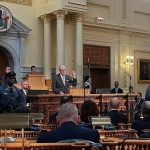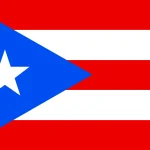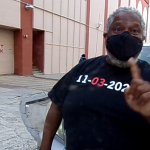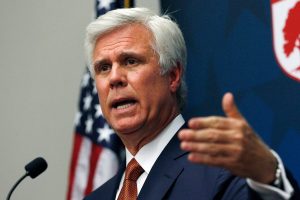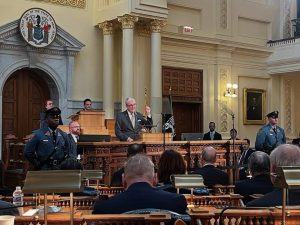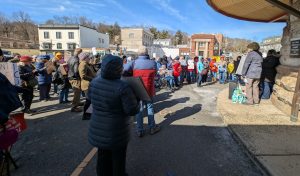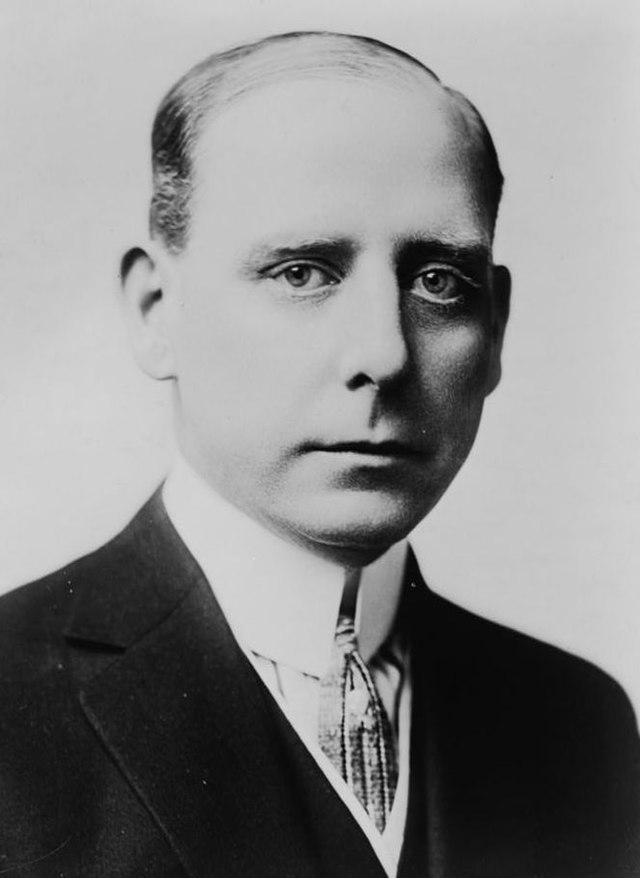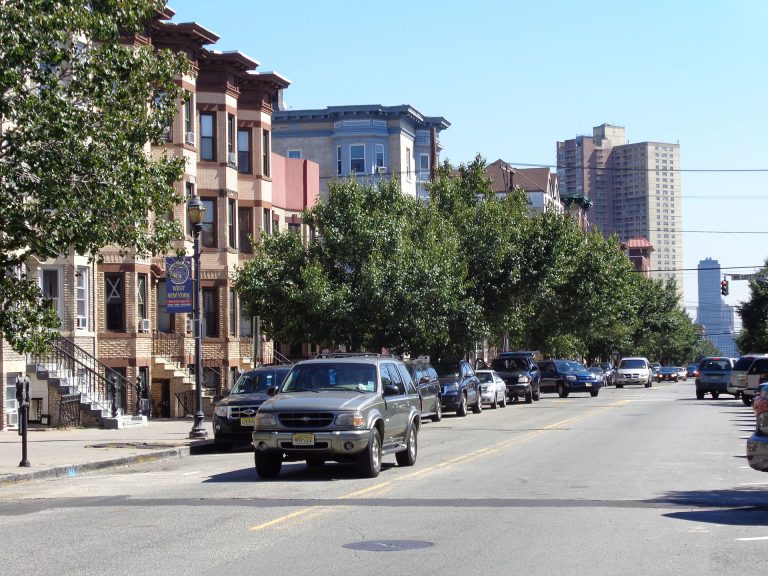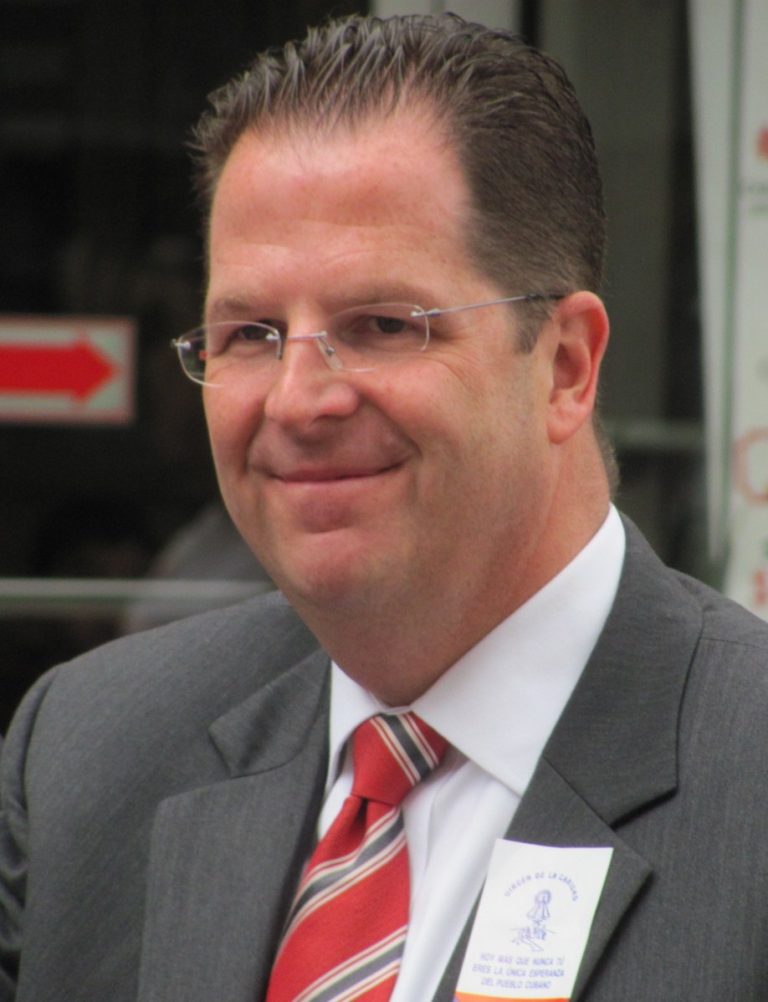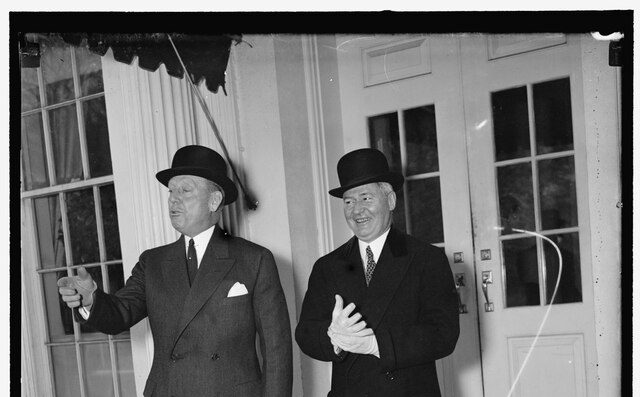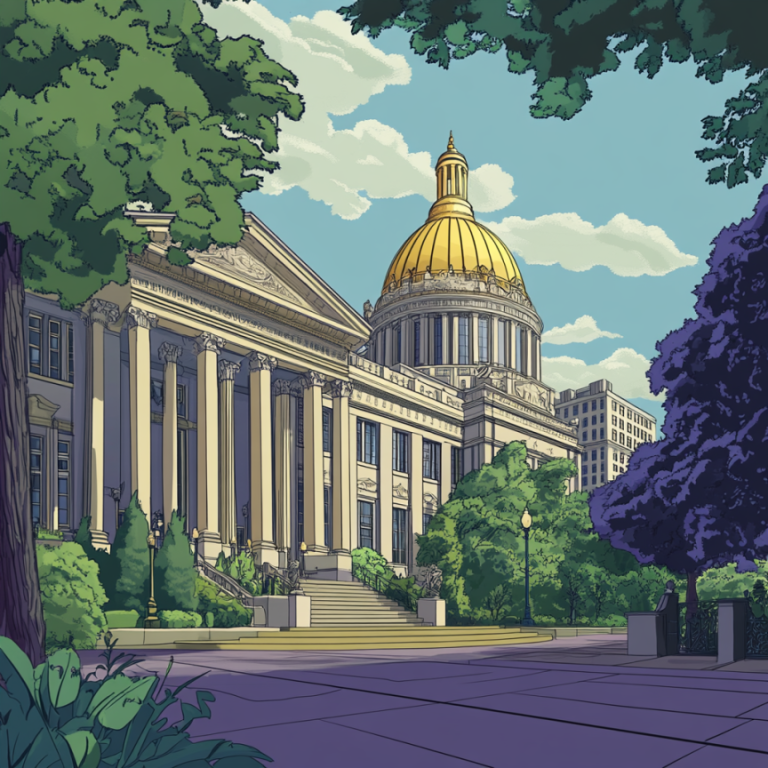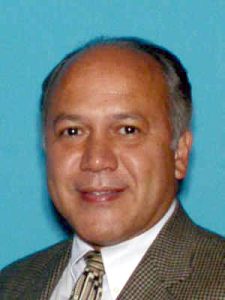Jersey City, NJ — From the squalid streets of the Horseshoe, a gritty enclave in downtown Jersey City, Frank Hague clawed his way to unimaginable heights of power and wealth. Over a three-decade reign as mayor and Democratic power broker, Hague transformed his city—and himself—into symbols of political ambition and corruption, reform and repression, benevolence and brutality.
A towering figure with fiery red hair and a reputation for both ruthlessness and generosity, Hague declared himself “the law” in Jersey City. He wielded influence that extended far beyond its borders, shaping New Jersey politics and even national elections. Yet, despite his public image as a staunch reformer, his private dealings and consolidation of power revealed a complex, contradictory legacy that still resonates today.
From Horseshoe Beginnings to the Heights of Power
Born in 1876 to Irish Catholic parents, Hague grew up in the rough-and-tumble streets of the Horseshoe, an area notorious for its saloons and tenements. Expelled from school at 13, he found his real education in the street fights and political clubs that defined life in the immigrant neighborhood. Under the stern influence of his devoutly Catholic mother, Hague embraced religion as both a personal creed and a political weapon.
Hague’s rise began in 1897 when he won his first election as a constable, thanks to a $75 loan from a local saloonkeeper. His career as a reformer took off when he allied with Governor Woodrow Wilson, whose progressive policies Hague championed. But Hague’s pragmatism soon outweighed his idealism. After turning on his early allies, he leveraged his growing power to become Jersey City’s commissioner of public safety in 1913. From there, he cleaned up the city’s notoriously corrupt police force—not by eliminating corruption, but by centralizing it under his control.
The Machine in Motion
Hague’s political machine was a marvel of efficiency, blending patronage, intimidation, and outright electoral fraud. He turned Jersey City into a fortress of Democratic power, where the poor were cajoled or coerced into voting and city workers paid a percentage of their salaries to the party coffers. Hague controlled every level of government in Hudson County, from judges to street sweepers, ensuring loyalty through both rewards and reprisals.
Though Hague projected an image of a clean, moral leader—eschewing alcohol and maintaining a spotless public persona—his wealth told a different story. By the time of his death in 1956, he was believed to be worth at least $8 million, though some estimates put his fortune as high as $80 million. His lifestyle was lavish, with homes in Jersey City, Deal, and Florida, along with custom-made silk shirts and annual trips to Europe in luxury suites.
Reform or Repression?
Hague’s achievements were undeniable. He built a state-of-the-art medical center, improved public safety, and maintained a city free from the gangster violence that plagued places like Chicago. Yet his methods often veered into authoritarianism. He cracked down on civil liberties, deploying his police force to suppress dissent and silence opponents. Critics called his regime a dictatorship, but Hague dismissed them with his characteristic bluster: “I am the law.”
His penchant for violence was legendary. Political rivals were beaten, protesters jailed, and dissenters silenced. But Hague’s blend of fear and favor secured his hold on the city for decades. He positioned himself as the protector of Jersey City’s immigrant communities, railing against corporate interests while demanding absolute loyalty from the working-class voters who depended on him.
The Fall of a Titan
Hague’s iron grip began to weaken in the 1940s as younger leaders within his organization, like John V. Kenny, grew restless under his rule. In 1949, Kenny orchestrated a stunning upset, toppling Hague’s political machine in a citywide election. Hague’s fall from power marked the end of an era, though he remained a powerful figure in exile, dividing his time between Florida and New York.
In his final years, Hague became a shadow of the man who had once dominated New Jersey politics. He died on January 1, 1956, far from the Horseshoe where his story began. His funeral in Jersey City drew little public attention—a stark contrast to the massive parades and rallies he once commanded.
A Legacy of Contradictions
Frank Hague’s life encapsulates the paradoxes of American politics: a man who championed reform yet thrived on corruption, who lifted up the poor even as he exploited their dependence, and who built a city while ruling it with an iron fist. His name still evokes both admiration and contempt in Jersey City, a fitting legacy for a man who once declared, “You can’t be a dictator and still get things done.”

